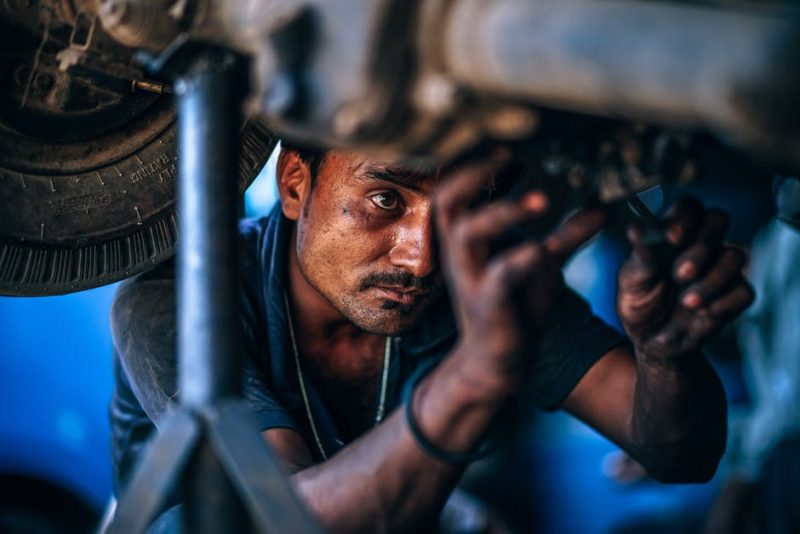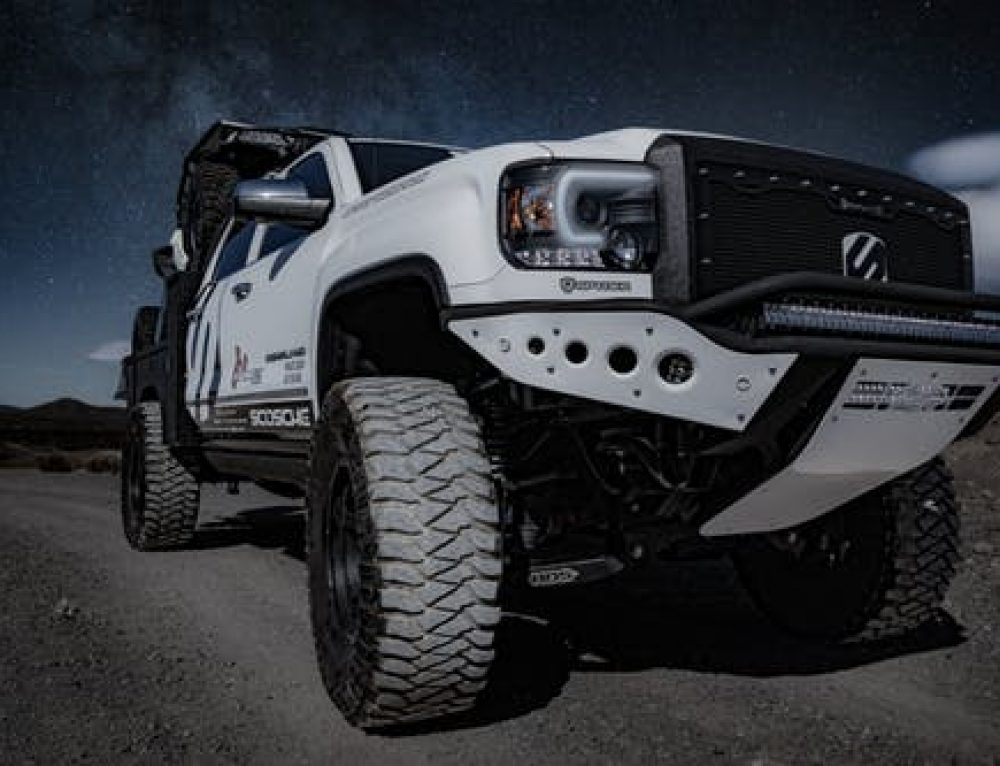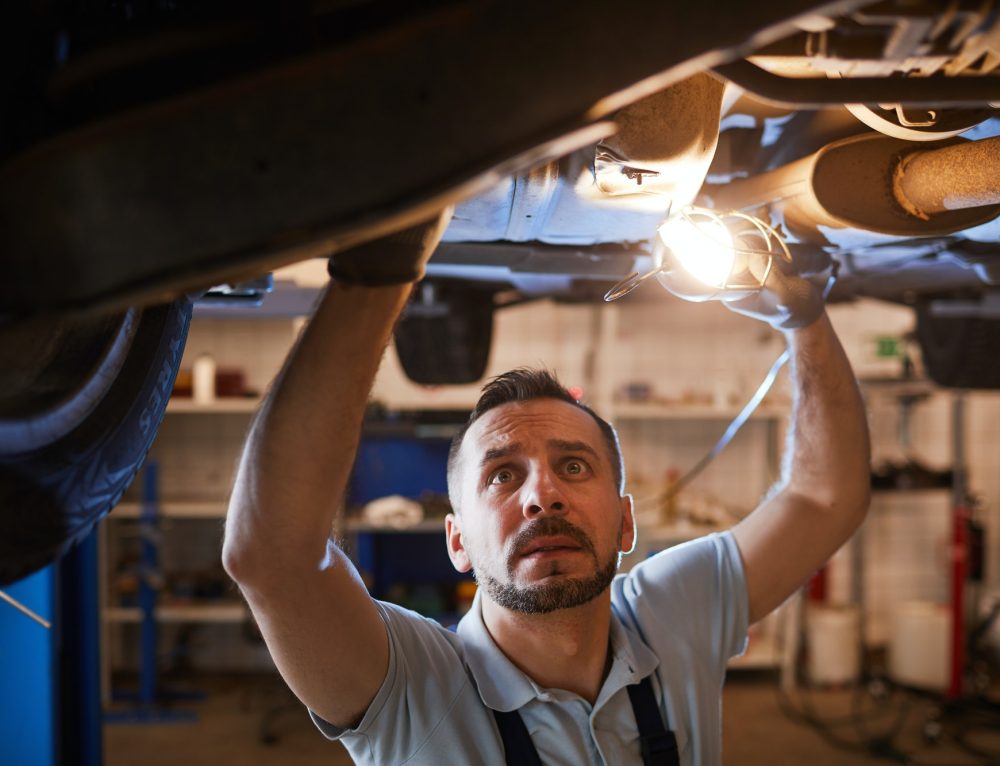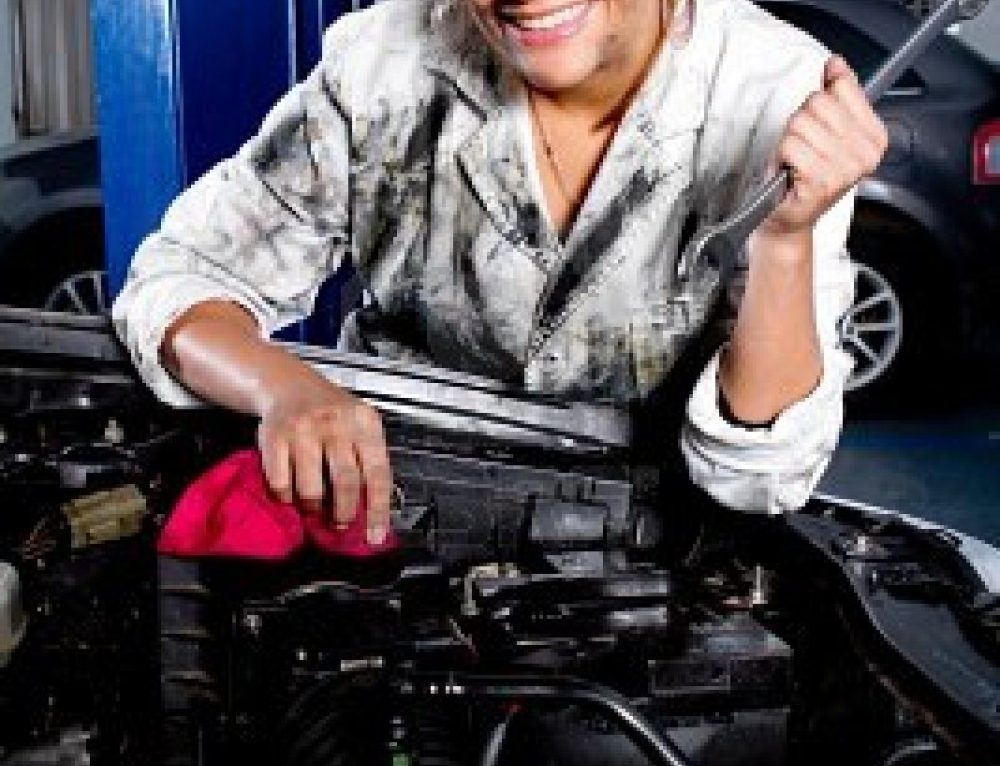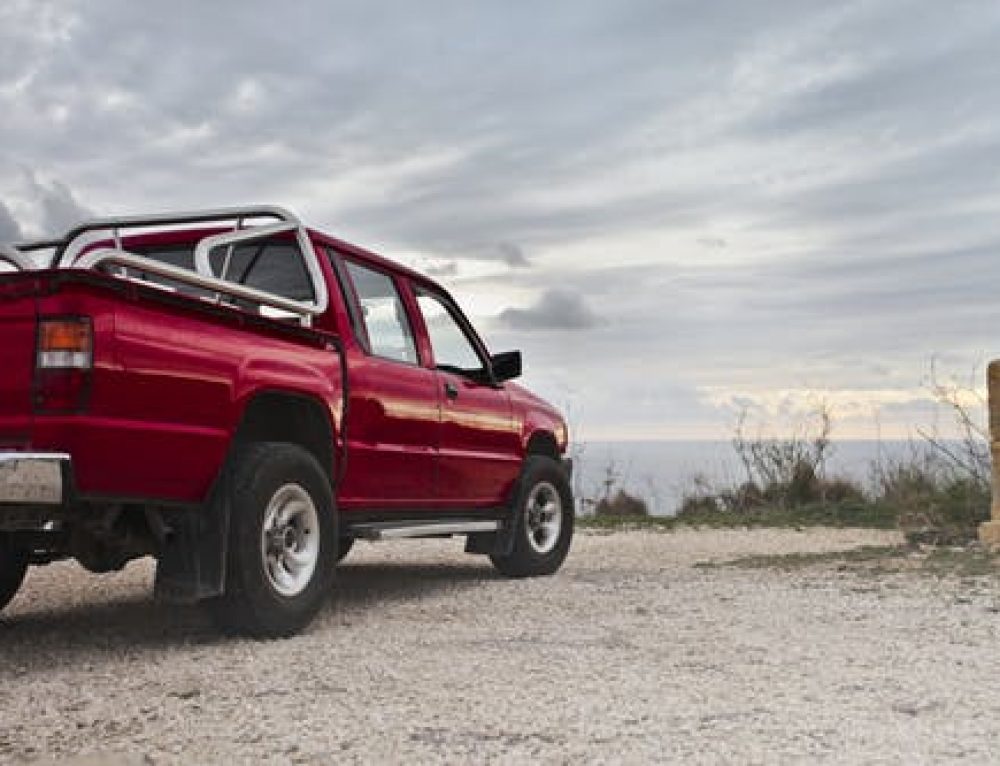Have you recently had problems with your diesel injector system? I bet the money you spent on having parts replaced motivated you to seek out this article.
Much like every piece of machinery, your fuel injector system requires maintenance. To begin your maintenance procedure you may have to test your fuel injector. The results will determine if they need repairs or replacement. The good news is, you can do it yourself at home.
In today’s post, we give you steps you could follow to rest your diesel injectors in under 30 minutes.
Tools:
- A screwdriver
- Automotive test light
- Gloves
- Eye goggles
- A metal rod – 1 ft in length
Step 1: Get the tools
You’ll first and foremost have to get the tools listed above where you’ll work. You don’t want to move around a lot. Best to have them within your reach.
Step 2: Listen for a Clicking Sound
With your diesel engine running, use either the screwdriver or the metal rod to listen for clicking sounds. Place the screwdriver or metal rod on the fuel injector, and listen in close for a clicking sound. The sound signifies that the fuel injector is in operation. Whatever the outcome, proceed to the next step.
Step 3: Turn on Your Electrical System
This step is very easy. Turn off your engine but leave the electrical system on. If the electric system is on, the headlights should come on along with other electronic features.
Step 4: Test Your Injector Connection
Locate an exposed bit of wire connected to your injector, attach the positive clip of your test light to the wire you’ve found, and attach the negative clip of the light to the negative terminal of your battery. If the test light comes on, then the connection is in order. Do the same the other injectors.
Step 5: What Next
The outcome of the other steps determines what you’ll do next. If your injectors are not making the clicking sounds in the second step but their electric connection is working, you may have to replace your injector.
One could contribute to the failure of diesel fuel injectors, such as the accumulation of deposits.
If you’re not sure of your test results and would rather have professionals test your diesel injectors, contact Phoenix Diesel Repair.
Frequently Asked Questions
How do I know if my diesel injectors need to be repaired or replaced?
You can check your diesel injectors by listening for a clicking sound when the engine is running. If the injectors are functioning properly, you’ll hear a distinct click. Additionally, you can test the electrical connection of the injectors using a test light. If the injectors don’t click but the electrical connection works, it may be time to replace them.
Can I test my diesel injectors at home?
Yes, testing your diesel injectors at home is possible. You’ll need a few basic tools such as a screwdriver, automotive test light, gloves, eye goggles, and a metal rod. The process involves listening to the clicking sound and testing the electrical connection of the injectors.
What tools do I need to test my diesel injectors?
To test your diesel injectors, you’ll need:
- A screwdriver or metal rod (to listen for clicks)
- An automotive test light
- Gloves and eye goggles for safety
- A 1-ft metal rod to place near the injectors
What does it mean if my diesel injectors are not clicking?
If your diesel injectors are not making the clicking sound, it could indicate a malfunction. While the electrical connection might still be intact, the injector itself could be clogged or damaged, possibly due to the buildup of deposits. In this case, you may need to replace the injector.
Can diesel injectors fail due to deposits?
Yes, one of the common causes of diesel injector failure is the accumulation of deposits. These deposits can clog the injector nozzle, disrupting fuel flow and affecting engine performance. Regular maintenance and cleaning can help prevent this issue.

